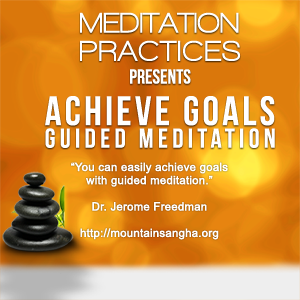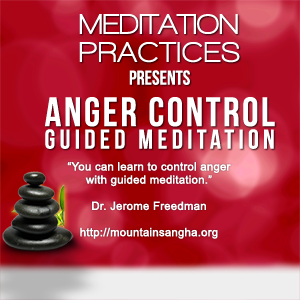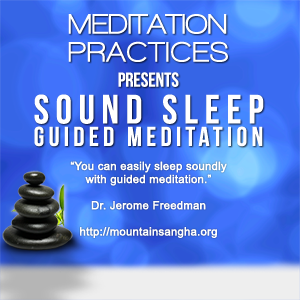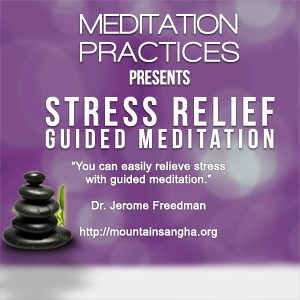The article that contains the source material for this post about practicing right speech comes from the Upaya Institute and Zen Center blog. Roshi Joan Halifax is the founder and leader of Upaya. She is also a dharma teacher in the tradition of Zen Master Thich Nhat Hanh, so you can expect to see a lot from him in the Upaya Zen Center teachings.
Right Speech is one of the steps in the Eight-fold Path taught by the Buddha. The other steps on the Eight-fold Path are Right View, Right Thought, Right Action, Right Livelihood, Right Diligence, Right Mindfulness, and Right Concentration. Practicing right speech is fundamental to promote harmony in the family, community, city, country and the world.
The flyer for Mindfulness in Healing support group states, “Compassionate listening and loving speech are the foundations of our sharing practice.” The practice of loving speech is the practice of right speech. The support group setting provides an environment for people to share from their hearts without fear of rejection or judgment.
Practicing Right Speech – Roshi Joan Halifax
Roshi Joan Halifax in her dharma talk about “Intimate Speech” brings in the teachings of practicing right speech from the Order of Interbeing. The Order of Interbeing was founded by Thich Nhat Hanh in 1966 in Vietnam. Roshi’s talk included the following:
…I wanted to begin with three precepts from the Order of Interbeing that are interesting to use as a base for our exploration, and to look also at the classical definition of dis-speech if you will.
The first precept in the Order of Interbeing says: “Do not be bound to any doctrine, theory or ideology, even Buddhist ones. All systems of thoughts are guiding means, they’re not absolute truth.” This is a basis for how we communicate. The precept guides us to not be bound to any doctrine, theory or ideology, even Buddhist ones. It goes on to state that all systems of thoughts are guiding means, they’re not absolute truth.
What we often say in the zendo, usually during sesshin, is, “Don’t believe your thoughts. Don’t believe them. They’re just concepts in the mind, see if you can drop beneath the mind.”
Later on in the precepts, Thich Nhat Hanh articulates two mindfulness trainings that are related to speech. In the eighth precept of the fourteen, “Do not utter words that create discord and cause the community to break. Make every effort to resolve all conflicts, however small.” This is a very powerful admonition not only for our community of practice, but also as a vision of a global community. “Make every effort to resolve all conflicts, no matter how small they are.”
Then in the ninth Precept, he bares down a little bit, because he is very committed to engaged practice. He says: “Do not say untruthful things for the sake of personal interest or to impress people. Do not utter words that can cause division or hatred. Do not spread news that you do not know to be certain. Do not criticize or condemn things that you are not sure of. Always speak truthfully and constructively. Have the courage to speak out about situations of injustice even when doing so may threaten your own safety.”
She goes on to talk about “classical or Theravaden teachings of the precepts of speech” and then presents “five conditions we are to explore in relation to speech” as taught by the Buddha:
1. Do I speak at the right time or not? Is this the right time? Really stepping back to see if this is the right moment.
2. Do I speak the facts or not. Am I saying what’s really true?
3. Am I speaking harshly or gently?
4. Do my words benefit beings or not?
5. What is my motivation? Do I speak with a good heart or is my heart malicious?
Having been ordained in the Order of Interbeing in 2008, I am familiar with her teachings in the first quote above. The five conditions are actually the origin of the thinking behind the Order of Interbeing precepts in my opinion.
These five conditions represent a set of questions we should ask ourselves prior to speaking out in problematic situations. The fifth one, about motivation, is the subject of the musar teachings you may have read about in one of our prior posts. The rabbis. new and old, are always asking us to look deeply into our motivation for doing something.
As a side note, I had the honor to meet Roshi Joan Halifax at a retreat with Thich Nhat Hanh in Santa Barbara in 1997. I was really impressed with her words and state of being.
What Motivates You?
How are you practicing right speech? Do you gossip a lot (maybe a little)? Do you spread rumors?
Please examine your motivations behind you speech and action and let me know what you find out. Share a little below and leave a comment.














You must be logged in to post a comment.